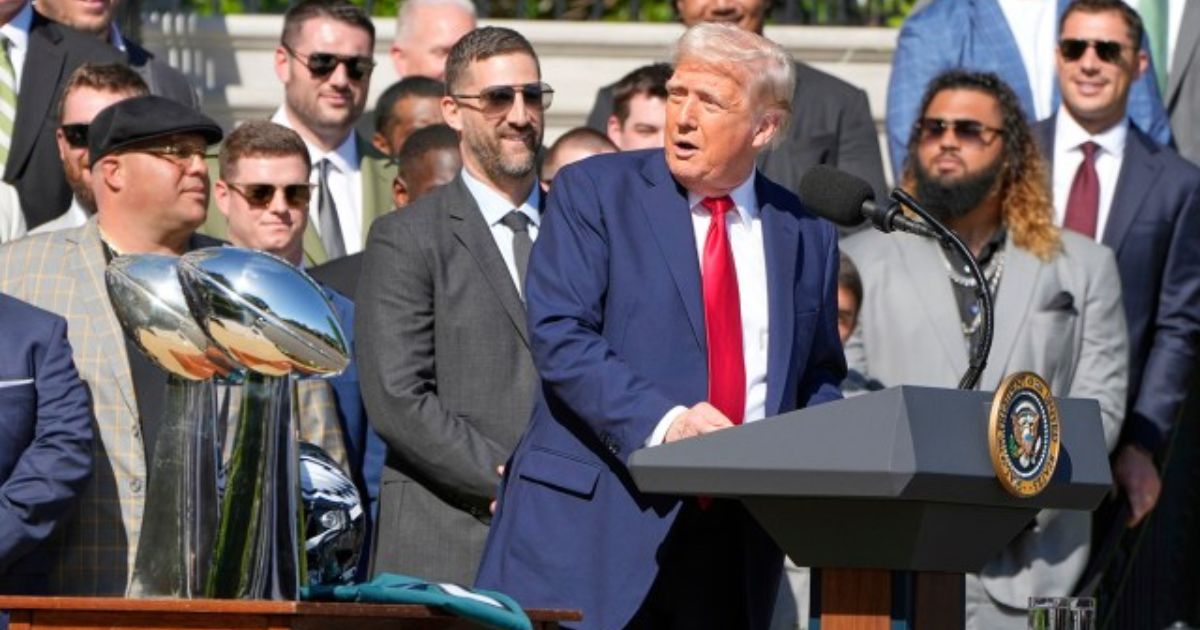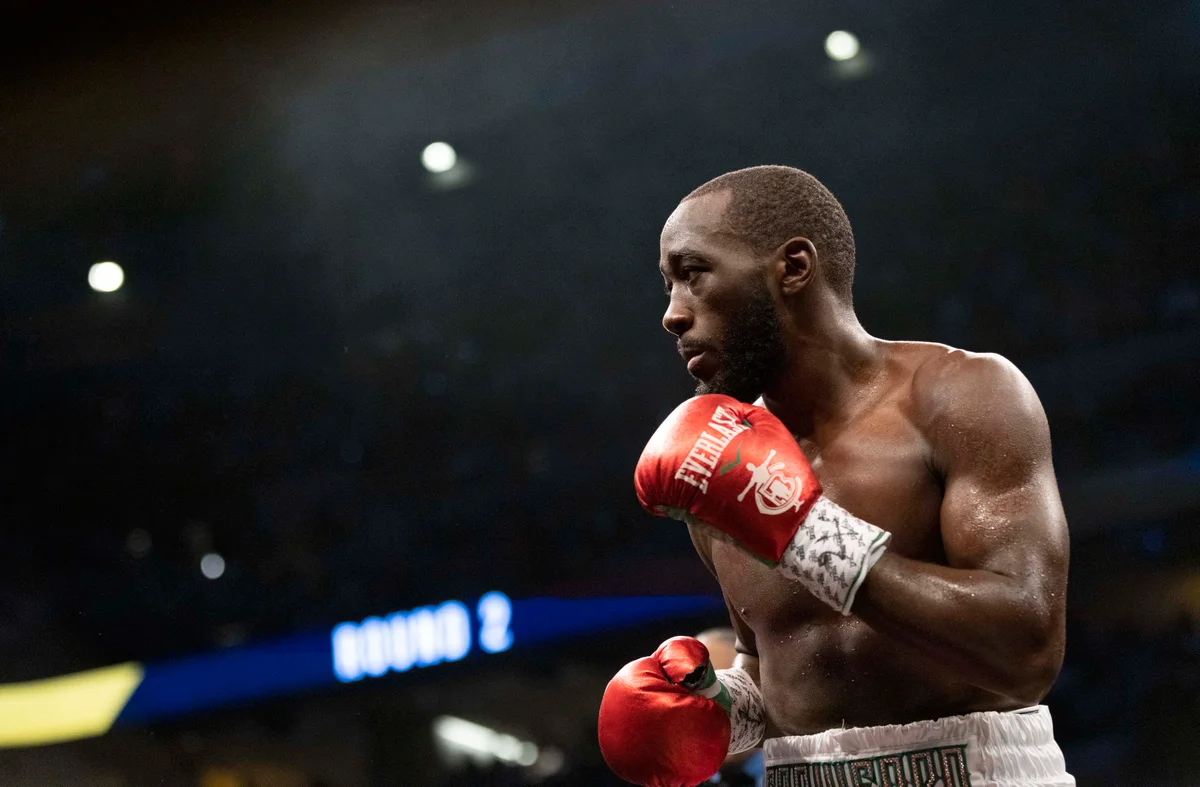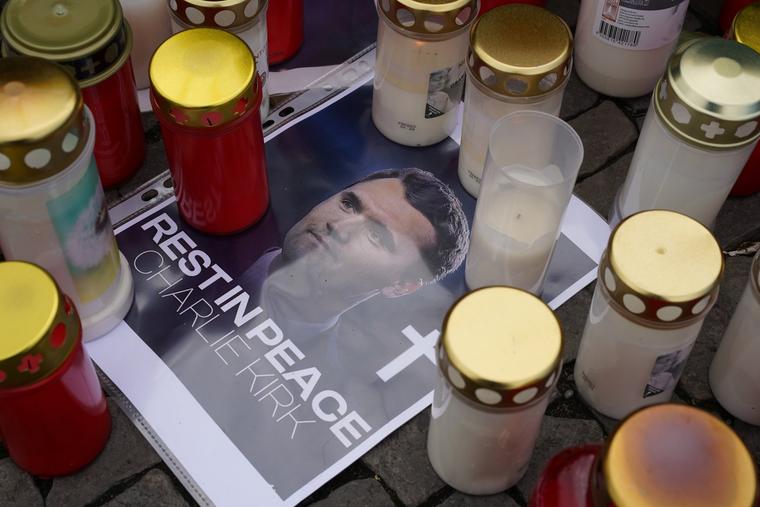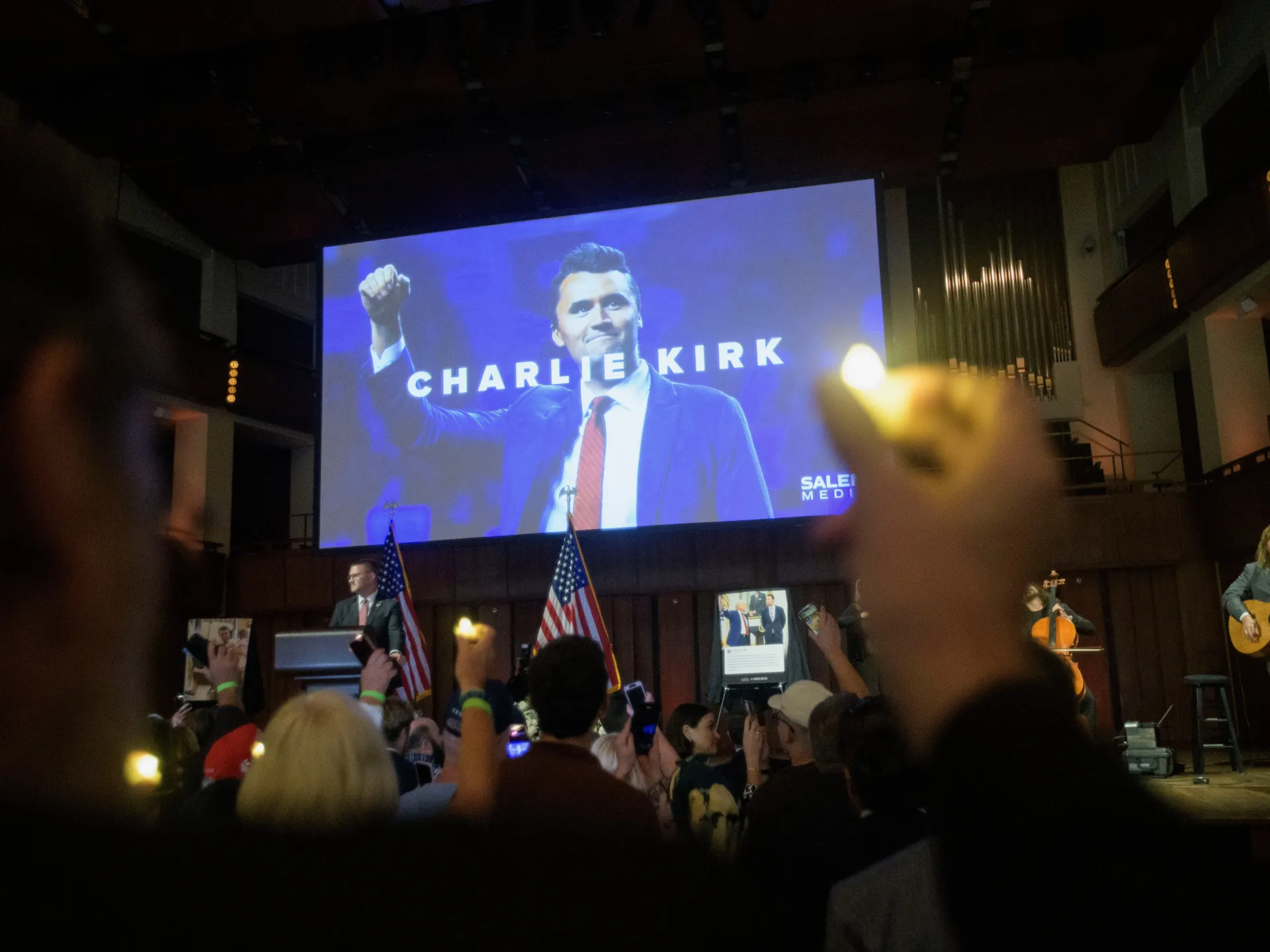Luigi Mangione’s terrorism charges were just dismissed. He still faces a second-degree murder charge.
By Laura Italiano
Copyright
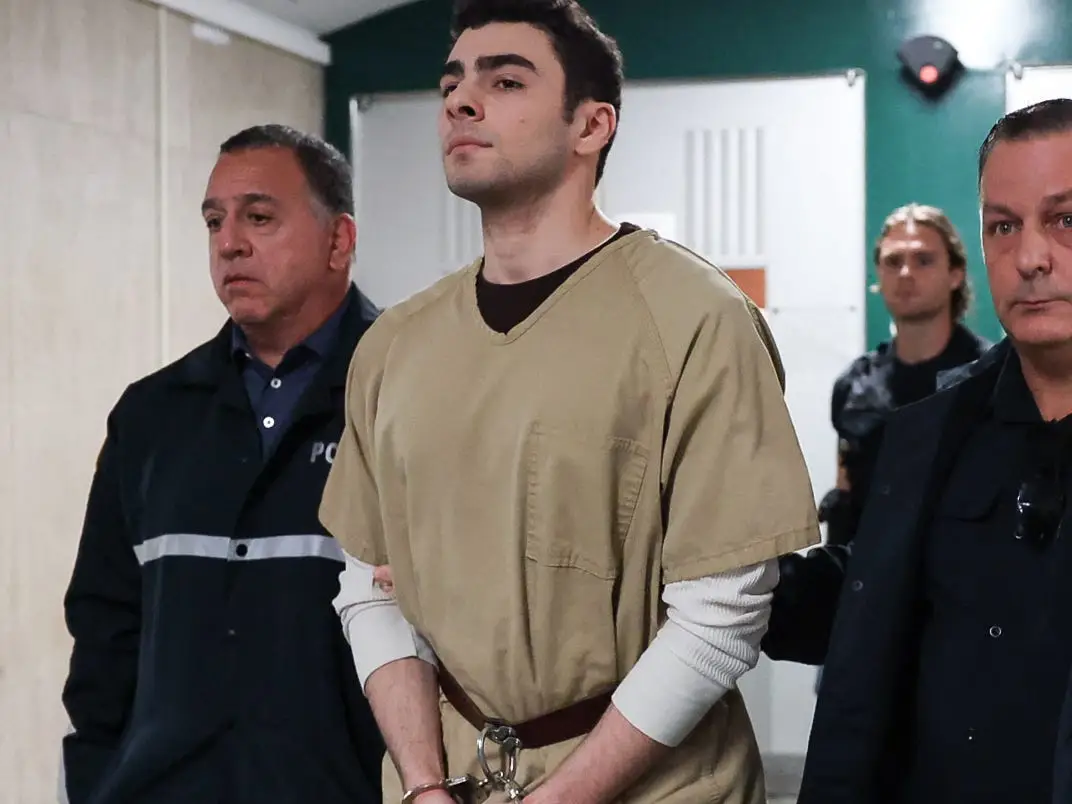
Luigi Mangione should not be charged as a terrorist, a New York judge ruled on Tuesday.In a surprise decision — for which a shackled Mangione was present in a crowded courtroom — New York Supreme Court Justice Gregory Carro dismissed the top two counts in the state indictment.Those two counts — both alleging murder as an act of terrorism — had carried a possible maximum sentence of life in prison. In his ruling, Carro agreed with Mangione’s legal team, calling the charges “legally insufficient.”Lead defense lawyer Karen Friedman Agnifilo had argued that calling Mangione a terrorist “would impermissibly trivialize and redefine the legislature’s definition of terrorism.”Mangione remains charged with intentional murder in the December death of UnitedHealthcare CEO Brian Thompson, Carro ruled. That count carries a possible maximum prison sentence of 25 years to life. He has pleaded not guilty in both state and federal courts.Tuesday’s ruling in state court has no impact on Mangione’s separate federal murder indictment, for which he faces the death penalty.And in another important ruling Tuesday, the judge said he was forging ahead with the state prosecution, rejecting a defense request that the federal death penalty case proceed first.”The motion to stay this prosecution is denied,” Carro told the audience before setting a December 1 date for the parties to return for pretrial hearings. A trial date was not set.Mangione appeared in court in a khaki jumpsuit, his wrists and ankles in cuffs. Heads turned as he was escorted by court officers up the center aisle of the courtroom to take his seat, and they turned again as he was marched back down the aisle after Tuesday’s brief hearing.A small murmur arose each time he passed the back of the courtroom, from a dozen or so self-described “Luigi Girls,” some of whom had waited in line more than 24 hours to get a seat.State prosecutors had argued that Thompson’s shooting on a Midtown sidewalk, outside the hotel where he was about to address a meeting of investors, was an act of terrorism for multiple reasons.Prosecutor Joel Seidemann argued in a court filing in June that the shooting terrorized other UnitedHealthcare executives, 40 of whom hired bodyguards. Some received death threats, and one dyed her hair in hopes of escaping notice, he wrote.UHC doctors and civilians “feared for their safety and requested they not be required to sign their names to the denials,” the prosecutor wrote.Mangione’s writings, recovered from his backpack after his arrest, decried “everything wrong with our health system” and “made crystal clear that his target was the insurance industry,” the prosecutor added.In Tuesday’s written decision, Carro, too, pointed to these backpack writings. The judge noted that Mangione had explicitly contrasted himself with “Unabomber” Ted Kaczynski, whose indiscriminate targeting of civilians he condemned.”There was no evidence presented of a desire to terrorize the public, inspire widespread fear, engage in a broader campaign of violence,” Carro wrote, calling Thompson’s shooting “heinous, but targeted.”Carro also referred to the New York terror statute’s origins and intent. Enacted by state lawmakers six days after the September 11 attacks in 2001, saying that the statute was meant to elevate the consequences of mass-casualty political acts.Prosecutors “presented sufficient evidence that the defendant murdered Brian Thompson in a premeditated and calculated execution,” Carro wrote. “That does not mean, however, that the defendant did so with terroristic intent.”In addition to lopping off the top of the indictment and setting a pretrial hearing date, Carro’s rulings on Tuesday tied up a few other loose ends.The judge declined a long shot defense bid to dismiss Mangione’s indictment in its entirety, on double jeopardy grounds, given the dual state-federal indictments.The judge also declined the defense’s request that the state prosecution be put on hold so that the federal case can proceed to trial first.And he precluded prosecutors from using as evidence any of the Mangione medical records that both parties say were mistakenly turned over to the district attorney’s office — as Seidemann had already said he would do.”We respect the Court’s decision and will proceed on the remaining nine counts, including Murder in the Second Degree,” a spokeswoman for Manhattan District Attorney Alvin Bragg said in a press statement after the hearing.
